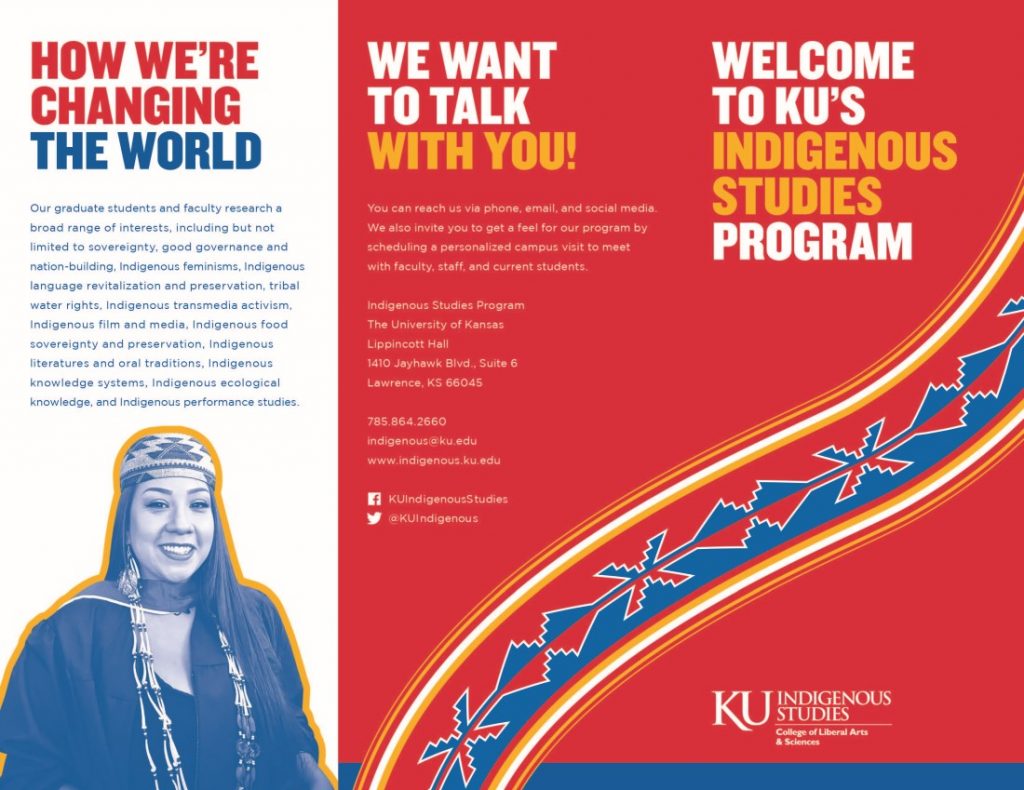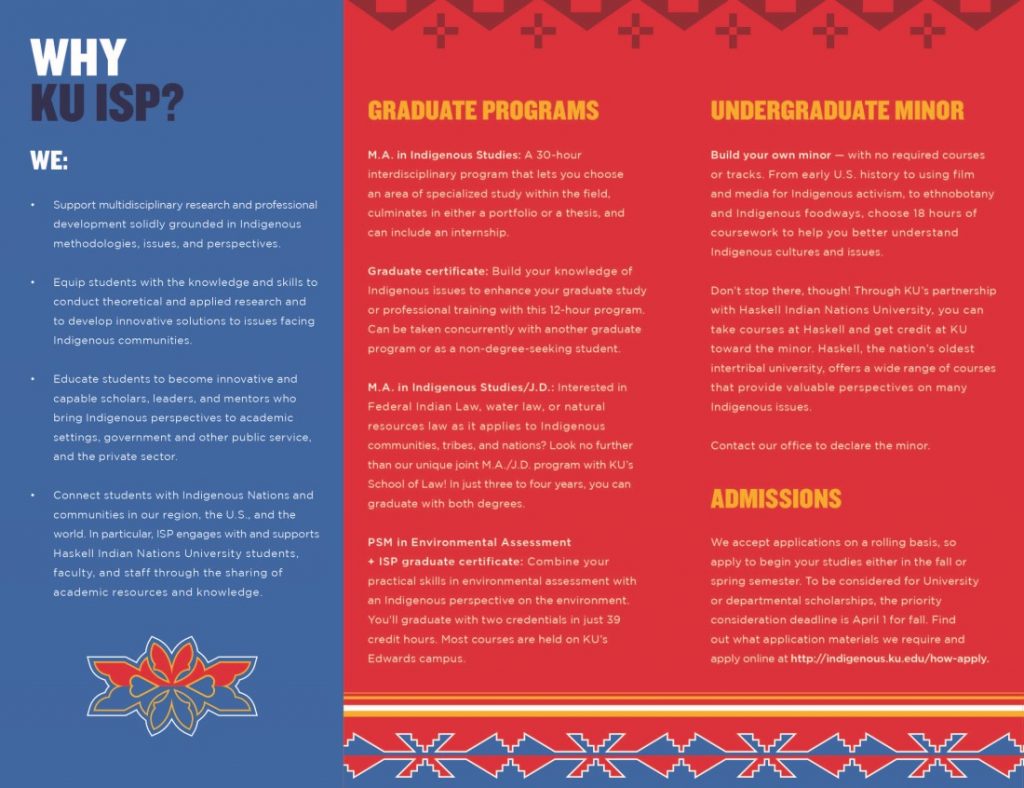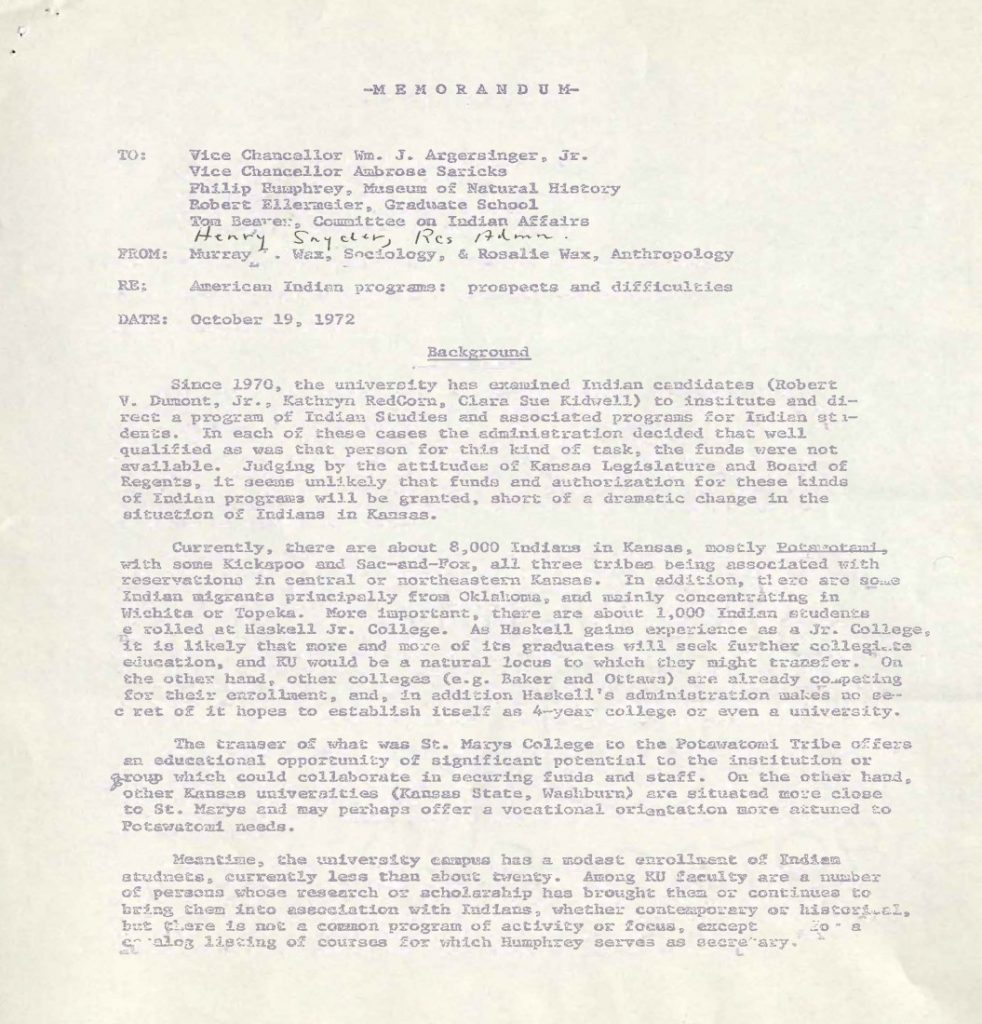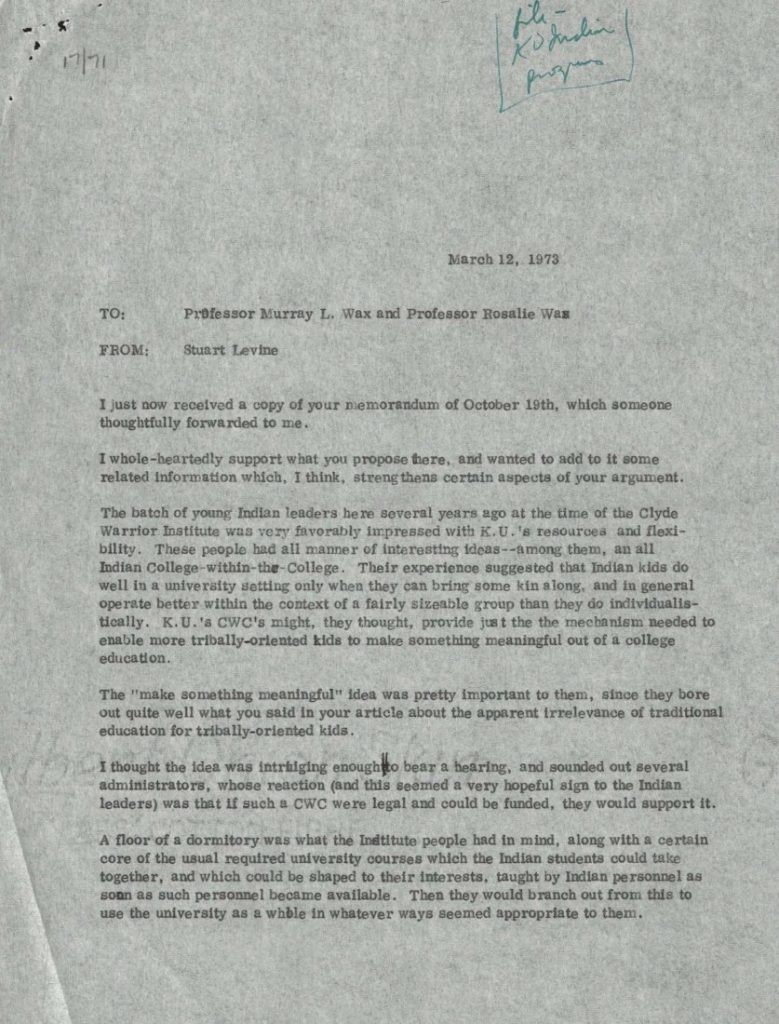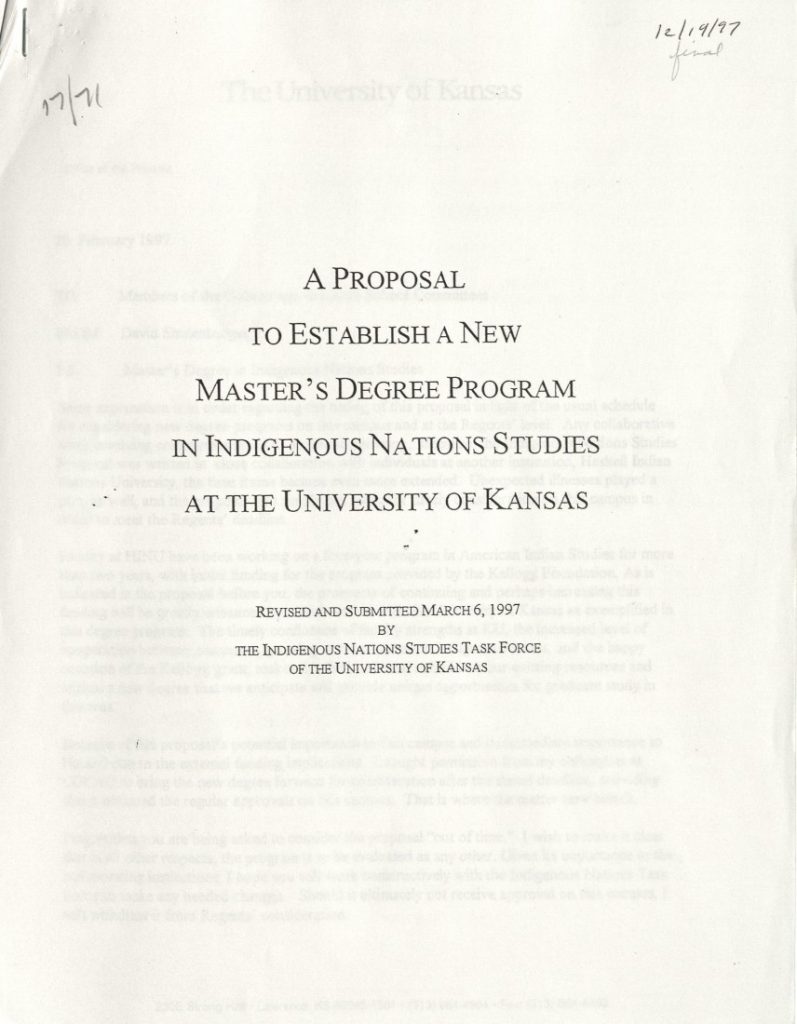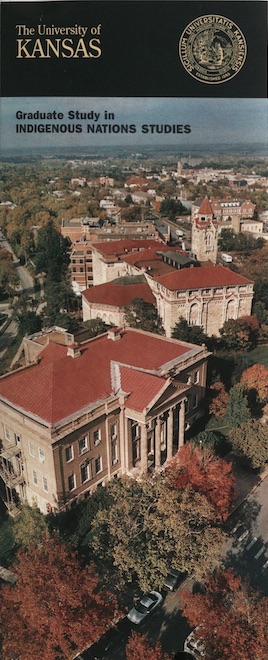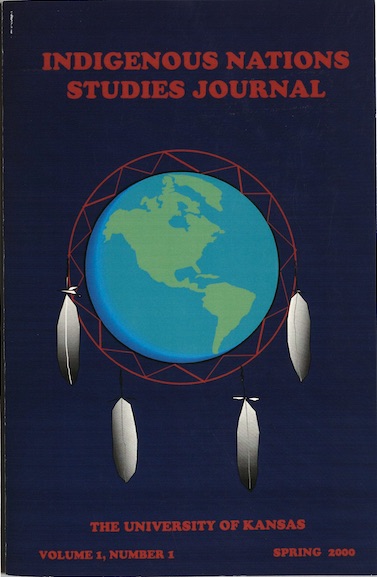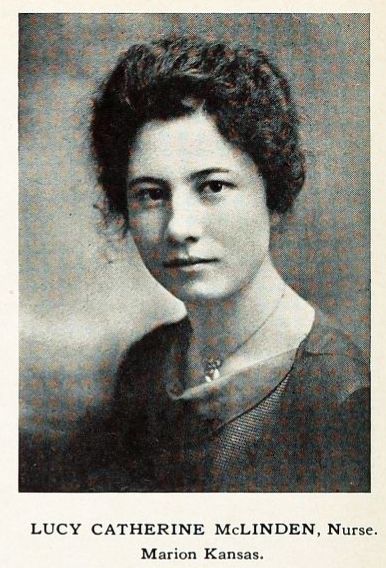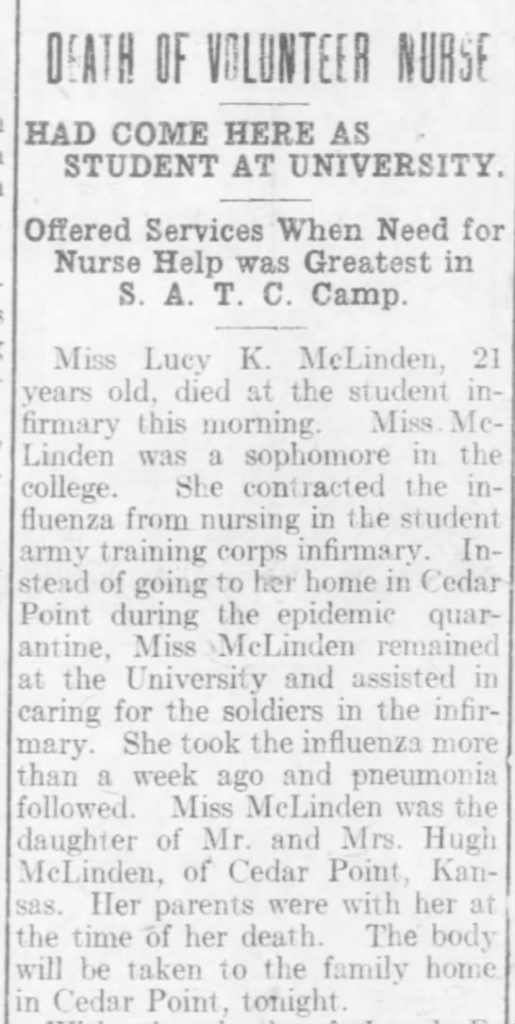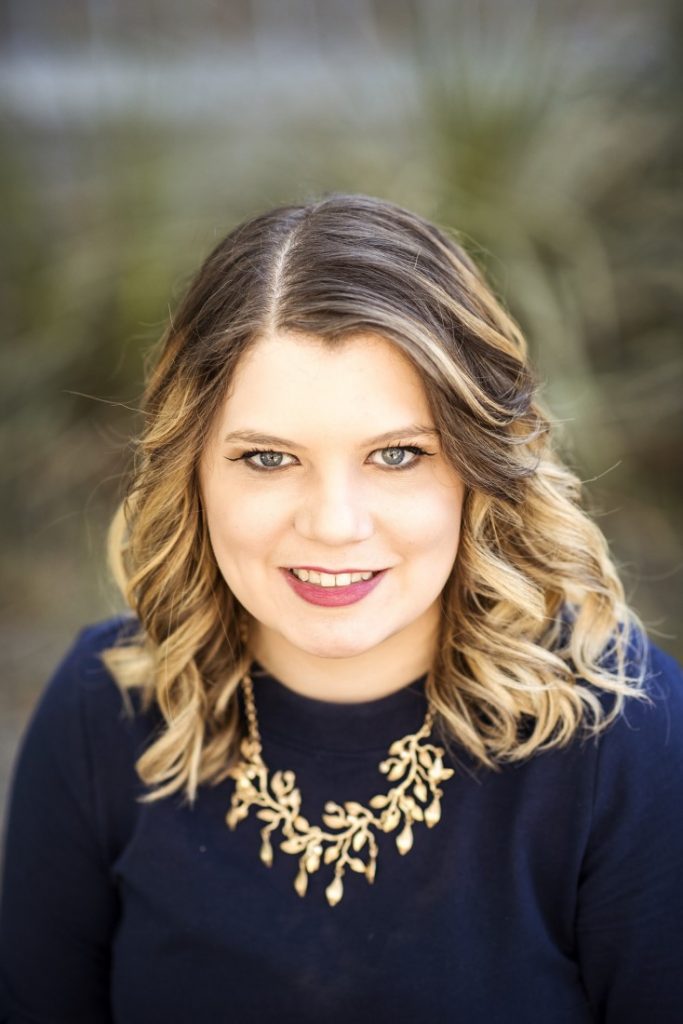Far Above: Women at KU in Academic Administration
November 24th, 2021KU has welcomed women since its founding; female students were admitted from the very beginning. From then on, many women have found KU to be a place of support and growth, and the university has been shaped immeasurably by the women who have made it home, particularly within the ranks of its faculty and administration.
Featured here are just a few of the incredible women who blazed a trail in higher education at KU and beyond – and all have collections here at Spencer Research Library!
Martha Peterson, Dean of Women
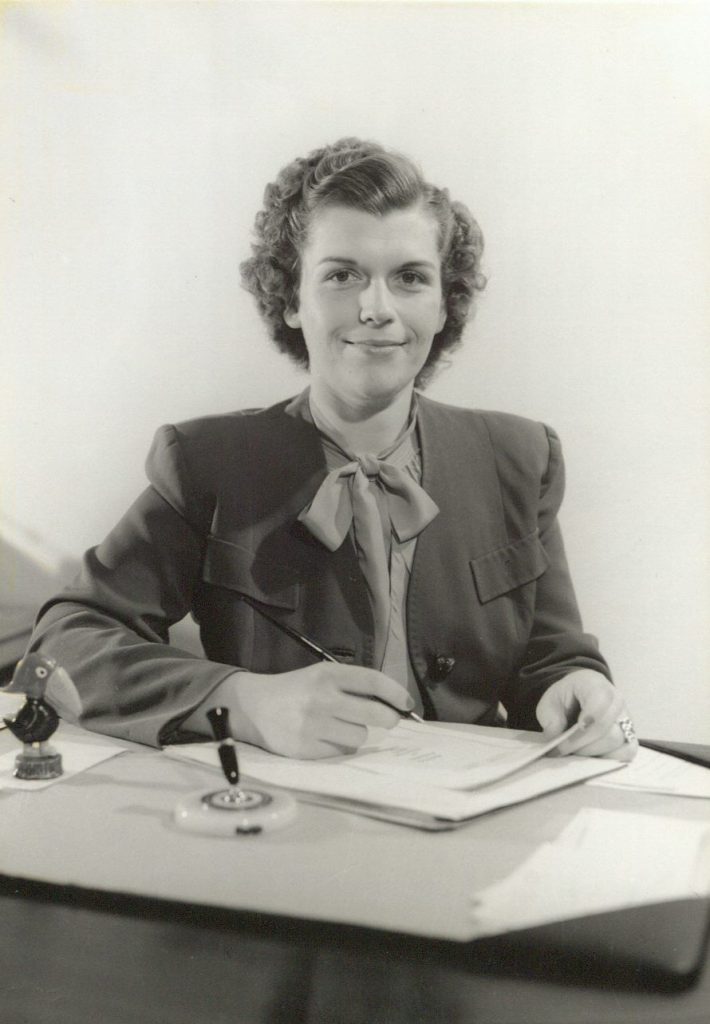
Martha Peterson began her career at KU in 1942 as an instructor in the Department of Mathematics. While she pursued her Ph.D. in educational psychology, she was appointed as the Assistant Dean of Women – a position she held from 1947 to 1952. In 1952, she was named the next Dean of Women at the university. In her four years as Dean of Women, Peterson led the installation of the dormitory system for freshman women at KU. Peterson went on to serve as the Dean of Women and University Dean of Affairs at the University of Wisconsin-Madison and the President of Barnard College in New York before becoming the first woman President at Beloit College in Wisconsin – a position she held until her retirement in 1981.
Learn more by exploring Martha Peterson’s papers (Call Number: RH MS 953) and the records of the Dean of Women (Call Number: RG 53).
Emily Taylor, Dean of Women
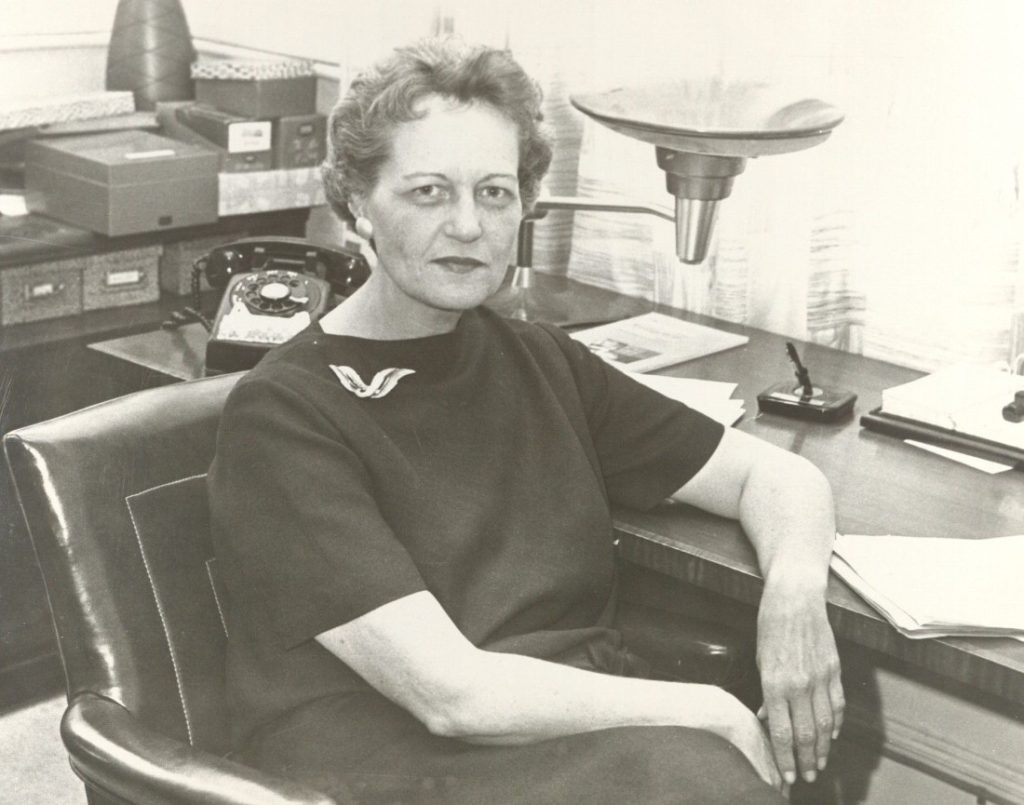
Emily Taylor was appointed Dean of Women at KU in 1956. During her almost two decades in that position, Taylor established the first university commission on the status of women, hosted the radio show “The Feminist Perspective,” and worked to establish the Women’s Resource and Career Planning Center – now the Emily Taylor Center for Women and Gender Equity. In addition to these initiatives, Taylor also was instrumental in the establishment of the Nunemaker Center for honors students and Hashinger Hall for fine arts students. In 1974, Taylor left her position at KU to become the Director of the Office of Women in Higher Education of the American Council on Education in Washington, D.C. – a position she held until her retirement in 1981.
Learn more by exploring Emily Taylor’s personal papers (Call Number: PP 546) and the records of the Dean of Women (Call Number: RG 53).
Frances Degen Horowitz, Vice Chancellor for Research, Graduate Studies, and Public Service and Dean of the Graduate School
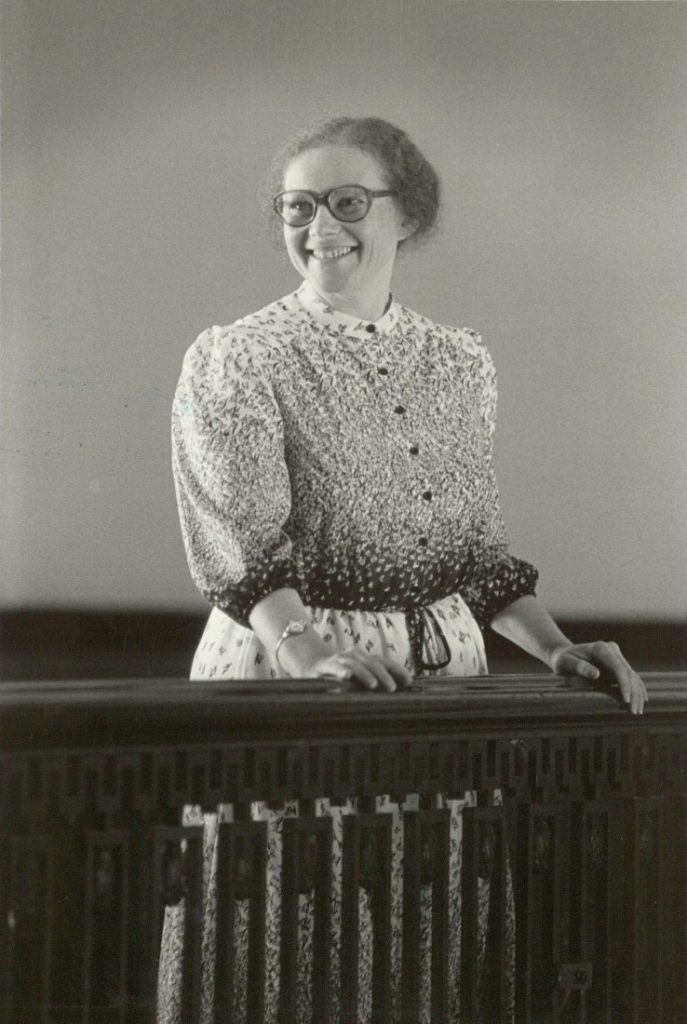
Frances Degen Horowitz joined the KU faculty in 1961 as a professor of home economics (child development). She also conducted research in the Department of Human Development and Family Life and was the department’s founding Chair. Horowitz later became the Assistant Dean of the College of Liberal Arts and Sciences before being appointed as the Vice Chancellor for Research, Graduate Studies, and Public Service and Dean of the Graduate School in 1978. During her time as Vice Chancellor, Horowitz worked to establish new research centers at KU, elevating the university’s status as a nationally recognized research institution. She served in this position until 1991 when she left KU to become the President of The Graduate School and University Center of The City University of New York (CUNY) – a position she held until her retirement in 2005.
Learn more by exploring the records of KU’s Vice Chancellor for Research, Graduate Studies and Public Service (Call Number: RG 11).
Kala M. Stroup, Dean of Women
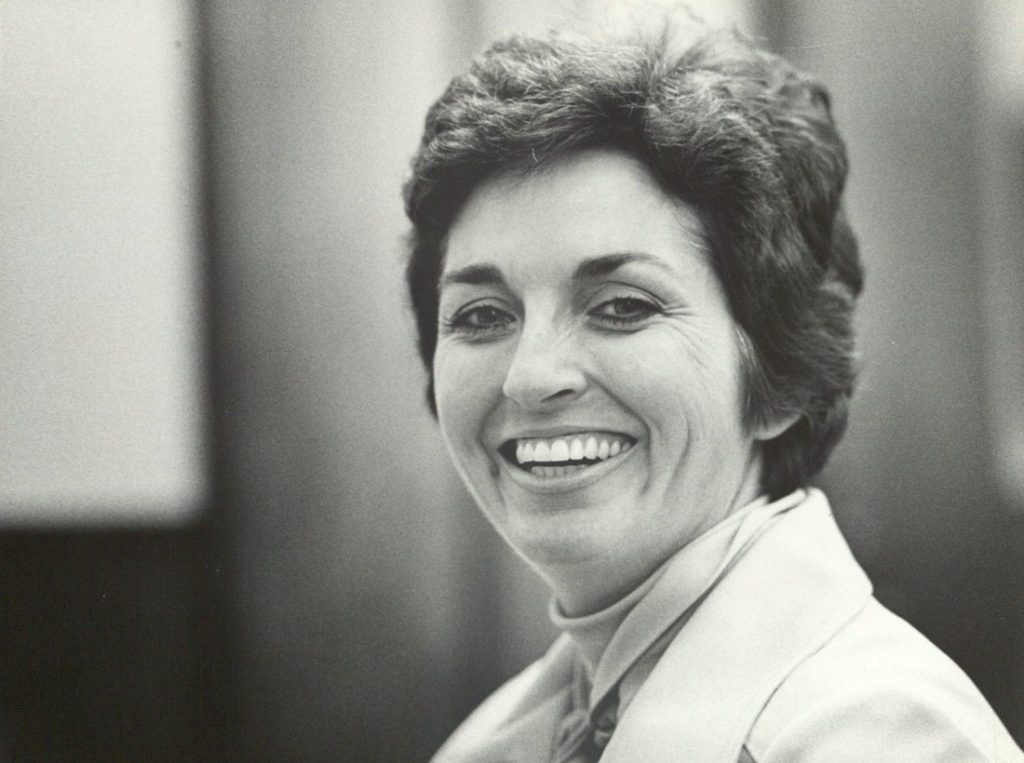
Kala M. Stroup began her career at KU as a Residence Hall Assistant Director for Corbin Hall in 1959. During the 1950s and 1960s, she was heavily involved in the efforts to do away with parental restrictions on female students which included curfews and travel restrictions. Stroup held positions in the Dean of Women’s office and the residential halls system before being named the last Dean of Women for KU in 1975. In 1979 she became the Vice President of Academic Affairs at Emporia State University. Stroup went on to serve as the first woman President of Murray State in University in Kentucky and the first woman President of Southeast Missouri State University before becoming the President and CEO of the Nonprofit Leadership Alliance in 2002. After her retirement in 2010, Stroup returned to KU as a Dean Emerita and faculty member in the KU Honors Program.
Learn more by exploring Kala Stroup’s personal papers (Call Number: PP 613) and the records of the Dean of Women (Call Number: RG 53).
Deanell Reece Tacha – Associate Dean of the School of Law and Vice Chancellor for Academic Affairs
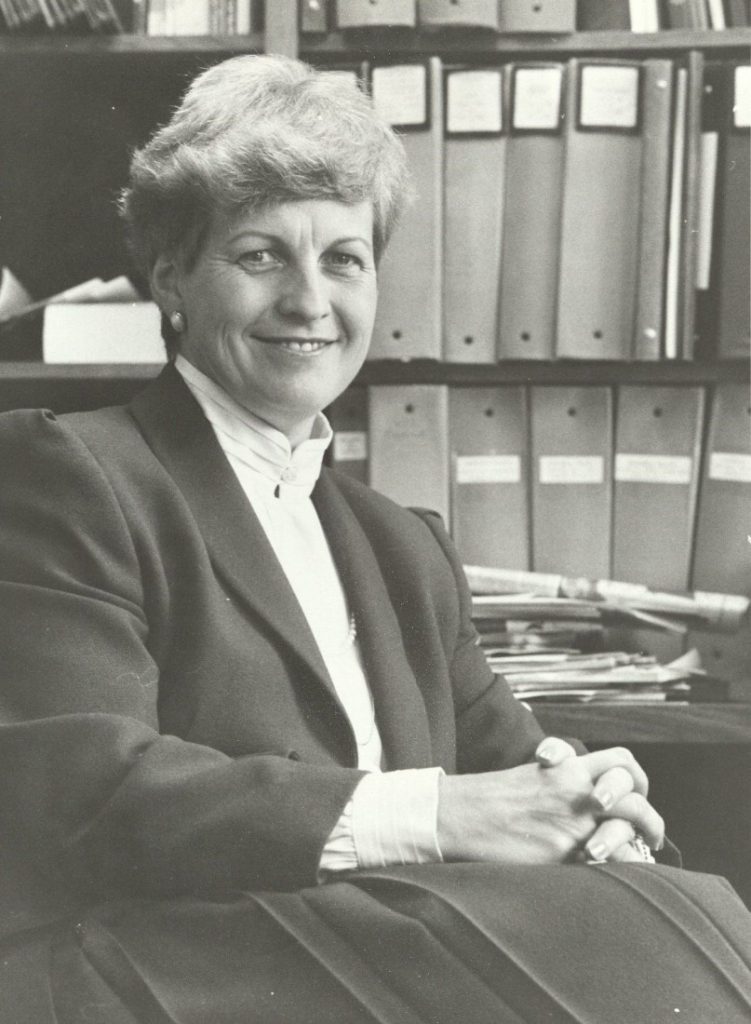
Deanell Reece Tacha joined the KU School of Law faculty in 1974 after being named a White House Fellow in 1971 and working as a lawyer in Washington, D.C. and Kansas. She became the Associate Dean of the KU School of Law in 1977. In 1981, she was named the Vice Chancellor for Academic Affairs at KU. Tacha left KU in 1985 after being appointed to the U.S. Court of Appeals for the Tenth Circuit by President Ronald Reagan. She became the Chief Judge of the Tenth Circuit in 2001. After retiring from the bench, Tacha became the Dean of Pepperdine University School of Law in 2011. Tacha also served as the national President of the Kansas University Alumni Association and the Chair of KU Endowment’s Board of Trustees.
Learn more by exploring Deanell Reece Tacha’s papers (Call Number: RH MS 1370) and the records of the KU Office of Academic Affairs (Call Number: RG 10).
Emily Beran
Public Services

